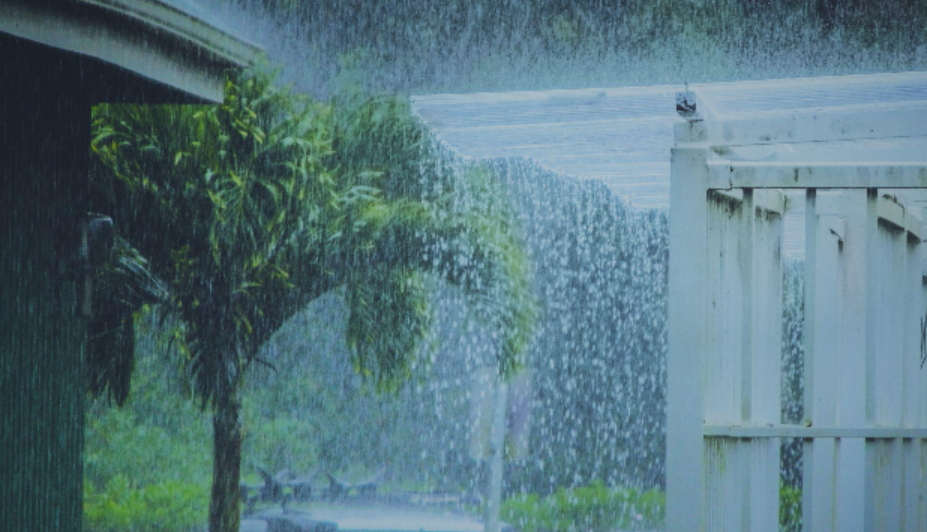Who is responsible for stormwater drains: a state-by-state guide

You may not think there are any storms in Australia, but there are. When they do have rainfall, this is usually pretty severe. There is a complex network of drainage systems across Australia. If you are wondering who is responsible for stormwater drains then look no further.
What is stormwater?
Stormwater is the precipitation that occurs when there has been rain, snow, or hail. Essentially, stormwater is pretty much rain or meltwater that picks up things like dirt, debris, garden fertilisers and more on its travels. It’s important that you stay on top of your stormwater responsibilities as much as you can, ensuring that it doesn’t become an issue on your property. But, you need to know what is and is not your responsibility before you do this, and this depends on which state you live in.
Who is responsible for stormwater drains by state?
In Australian Capital Territory, Roads ACT has the responsibility to manage, maintain, repair and monitor the municipal stormwater network. However, the property owner is still responsible for anything that falls on their land such as pipes, drains or anything else.
Public land in New South Wales is managed by the local councils, with your private property being your responsibility. Landowners can pay a levy to the local councils, ensuring that, for example, if stormwater was draining from other private property onto yours, the local council would get involved.
Queensland is very similar to other places, the property owners are in charge of everything that is related to the stormwater on their properties. This includes the drains, pipes, gutters, and pits while the councils are responsible for everything on public land.
The Northern Territory is the exact same as Australian Capital Territory. Landowners will be told to design their properties in a safe way to ensure that stormwater doesn’t impact them. The Northern Territory local councils are responsible for managing, installing, and replacing any drains that are connected to private properties.
Residing in South Australia means you have a shared and joint responsibility with the councils. Homeowners will be in charge of everything on their property and the councils will look after the drains and drainage systems on public land.
If you live in Tasmania, property owners are expected to keep everything on their property related to stormwater in good condition. If there’s a blockage or a problem with the pipes on your land, it’s down to you to fix it. The only time this is not applicable is when sewerage and stormwater systems are combined, as it then falls to TasWater.
In Victoria it is you, the homeowner that is responsible for everything related to stormwater on your property. Meanwhile, it is down to the councils to sort anything that happens on the roads, kerbs, or public drainage system. If there is a new drainage system installed then there will need to be a building surveyor on site to take a look at this.
The Western Australia government has handed responsibility to the local councils when it comes to stormwater management. While the water management plans come directly from the government, it’s down to the locals to work on maintenance and everything else.
Hopefully now you have a better understanding of who is going to be responsible for stormwater drains in the territory you live in. If you live somewhere in which you are responsible for your own stormwater drains, then you should consider getting professional advice on how to manage this effectively.




